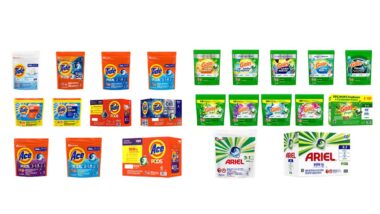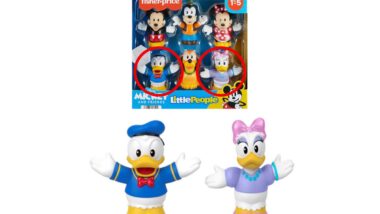Top Class Actions’s website and social media posts use affiliate links. If you make a purchase using such links, we may receive a commission, but it will not result in any additional charges to you. Please review our Affiliate Link Disclosure for more information.

The Facebook ad discrimination class action lawsuit was filed by Lyse Beaulieu who says she was subjected to age discrimination in Facebook’s advertising targets.
She states that when she was 63 through 65-years-old, she looked for jobs online through sites like Facebook. However, she allegedly did not see job ads on Facebook because of her age.
The Facebook class action lawsuit states that advertisers actively excluded older workers from receiving job advertisements.
Beaulieu claims that many other Facebook users were subjected to similar discriminatory practices.
Allegedly, some targeted advertising is legal in Canada. However, Facebook’s ad policies reportedly go beyond what is legal in Canada, allowing companies to commit illegal discrimination.
The Facebook ad class action lawsuit explains that Facebook creates “Custom Audiences” and “Lookalike Audiences,” which allow advertisers to choose the personal characteristics of audience members they wish to target.
The Facebook Canada class action lawsuit goes on to explain that these characteristics can relate to a user’s interests expressed on Facebook through likes, in addition to demographic information.
Allegedly, creating a “Custom Audience” also lets advertisers not only target certain audiences with certain characteristics, but exclude audiences with certain characteristics.
Beaulieu says that Facebook encourages advertisers to discriminate by having them target advertisements to the “right people,” explaining that they can narrow their target audience or exclude certain demographics.
Additionally, Facebook allegedly further promotes discrimination by creating “Lookalike Audiences,” a tool that finds individuals with qualities common to the source audience. This “Lookalike Audience” will then reportedly be targeted by the advertiser’s paid advertisements.
Canadian law does allow some targeted advertising, including instances such as “an advertisement of a product that targets populations most likely to use that product may not be considered discriminatory.”
However, Quebec’s Charter of Human Rights and Freedoms prohibits discrimination on the basis of race, sex, civil status, national origin, and social condition when it comes to “offers of employment or of services that are generally available to the public, such as housing.”
Products advertised via Facebook are generally made available to the public, and are therefore reportedly governed by this requirement.
Beaulieu says that Facebook’s advertising policies state that ads “must not discriminate or encourage discrimination against people based on personal attributes such as race, ethnicity, color, national origin, religion, age, sex, sexual orientation, gender identity, family status, disability, medical or genetic condition.”
According to Beaulieu, Facebook’s “Custom Audiences” and “Lookalike Audiences” features violate both Canadian law and Facebook’s own non-discrimination policies.
A similar Facebook discrimination class action lawsuit was recently filed in the U.S.
Do you believe that you have experienced discrimination by being blocked from seeing certain Facebook ads? Share your story with us.
Beaulieu is represented by Audrey Boctor, Jean-Michel Boudreau, and Olga Redko of IMK LLP.
The Facebook Canada Ad Discrimination Class Action Lawsuit is Lyse Beaulieu v. Facebook Inc., et al., Case No. 500-06-000993-192, in the Superior Court for the Province of Québec, District of Montréal, Canada.
ATTORNEY ADVERTISING
Top Class Actions is a Proud Member of the American Bar Association
LEGAL INFORMATION IS NOT LEGAL ADVICE
Top Class Actions Legal Statement
©2008 – 2024 Top Class Actions® LLC
Various Trademarks held by their respective owners
This website is not intended for viewing or usage by European Union citizens.

















8 thoughts onFacebook Canada Class Action Says Ads Are Discriminatory
I believe I have been
Add me please I look threw that all the time
Add me please
I get targed by only certain adds for ones that I have clicked, but then stop seeing any other adds from other companies I might be i terested i.
I wish to be added. I stopped advertising my business page on FB because of the phony computer generated “likes:” as if they were from real consumers. I had to pay based on that number per month in ad fees, because they “guaranteed” a certain number of likes per fee. They weren’t even real people.
I am interested in registering my name for this class action suit please.
Thank you
I totally agree! Please add me to this lawsuit
Add me on this lawsuit. These adds are discriminatory and mostly annoyance and blocks your point of view.